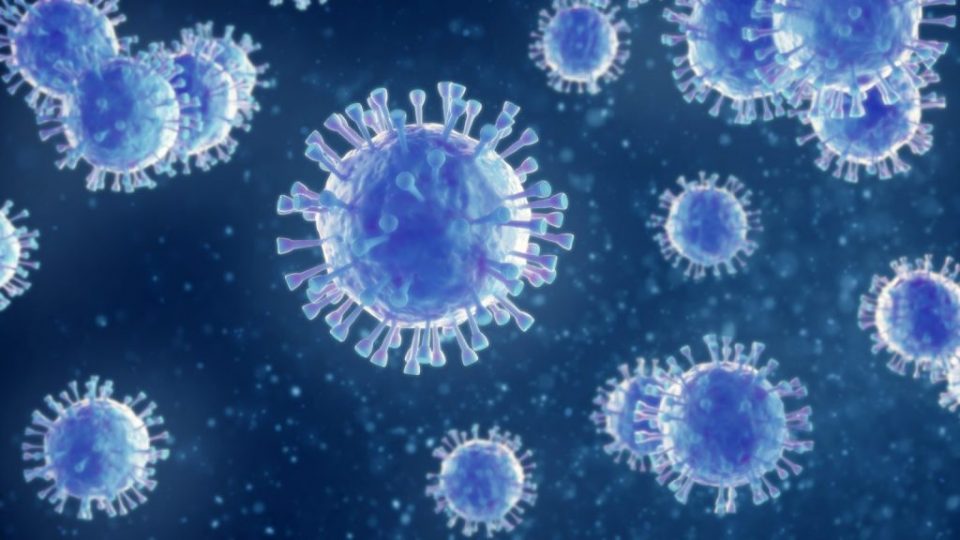
India's first case of coronavirus variant XE reported in Mumbai

India on Wednesday (April 6) reported its first case of coronavirus variant XE. It was detected in Mumbai, the Brihanmumbai Municipal Corporation (BMC) has confirmed.
Also in Mumbai, one case of Kappa variant has been detected. Of the 230 samples from Mumbai, 228 samples are of Omicron variant, while one was found to be Kappa variant and another XE variant, an official was quoted as saying in a PTI report.
Also read: Fatigue after COVID is way more than just feeling tired. 5 tips on what to do about it
The condition of the patients infected with the new strains of the virus was not serious, the official said.
According to the World Health Organization (WHO), the XE recombinant (BA.1-BA.2), was first detected in the United Kingdom on 19 January and more than 600 sequences have been reported and confirmed since. The XE variant has also been detected in Thailand and New Zealand.
Also read: Russia registers ‘world’s first’ nasal version of COVID vaccine
XE belongs to the Omicron variant until significant differences in transmission and disease characteristics, including severity, may be reported, WHO said in its “COVID-19 Weekly Epidemiological Update” on 29 March.
“Early-day estimates indicate a community growth rate advantage of 10% as
compared to BA.2, however, this finding requires further confirmation. XE belongs to the Omicron variant until significant differences in transmission and disease characteristics, including severity, may be reported,” the report said.
WHO said it will continue to closely monitor and assess the public health risk associated with recombinant variants, alongside other SARS-CoV-2 variants, and will provide updates as further evidence becomes available.
As of 22 March, there were 637 XE cases in England, UK Health Security Agency (UKHSA) said.
According to UKHSA, “XE is a BA.1/BA.2 recombinant, with the majority of the genome including the S gene belonging to BA.2. XE shows evidence of community transmission within England, although it is currently less than 1% of total sequenced cases.
“Early growth rates for XE were not significantly different from BA.2, but using the most recent data up to 16 March 2022, XE has a growth rate 9.8% above that of BA.2. As this estimate has not remained consistent as new data have been added, it cannot yet be interpreted as an estimate of growth advantage for the recombinant. Numbers were too small for the XE recombinant to be analysed by region.”
India reported 1,086 new cases of Covid-19 in the last 24 hours, the government said on Wednesday. The country’s active caseload currently stands at 11,871.

